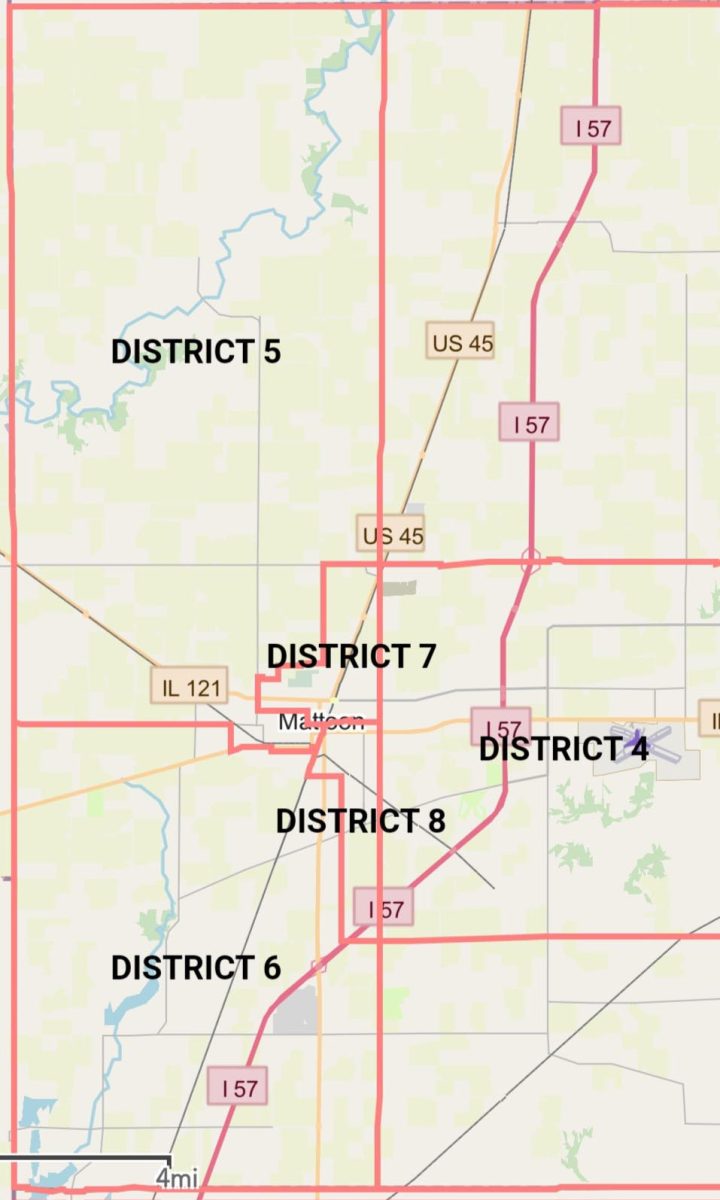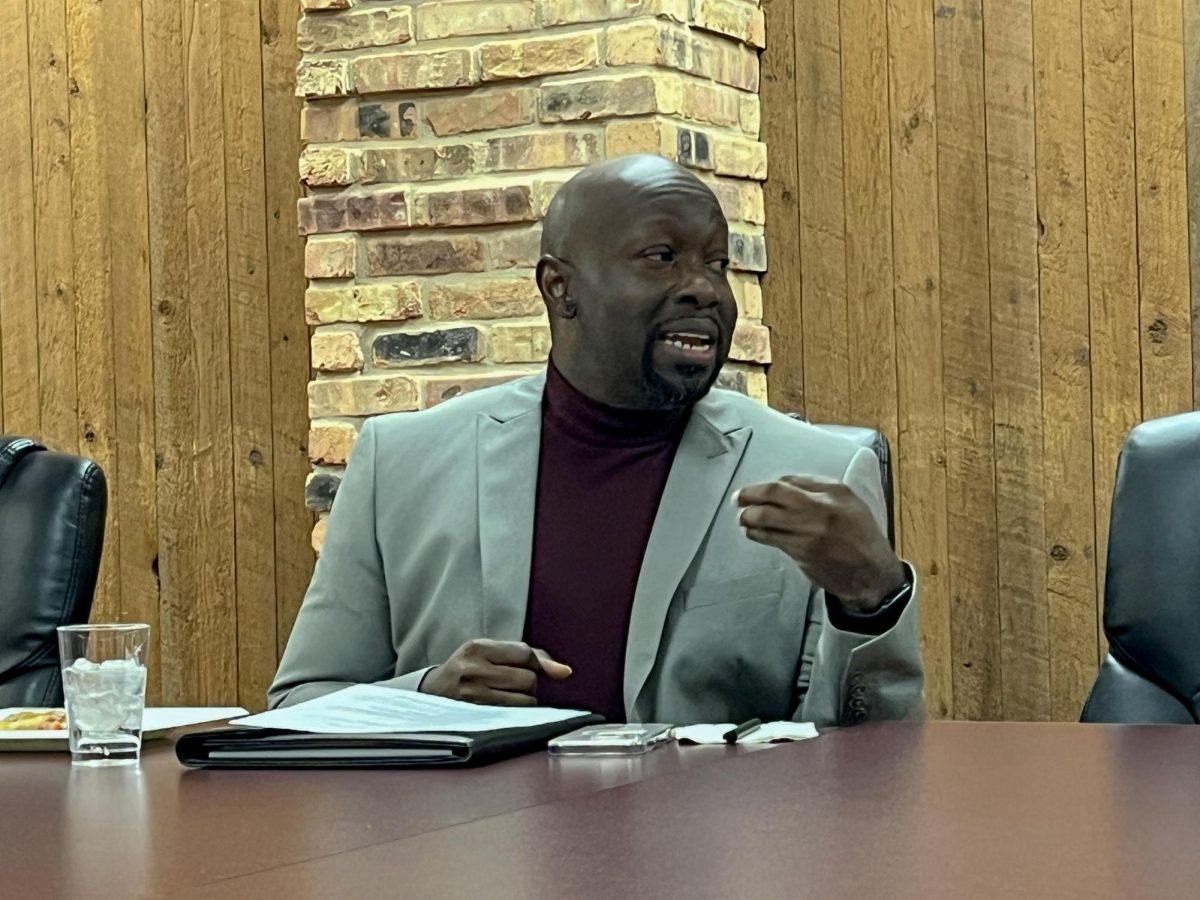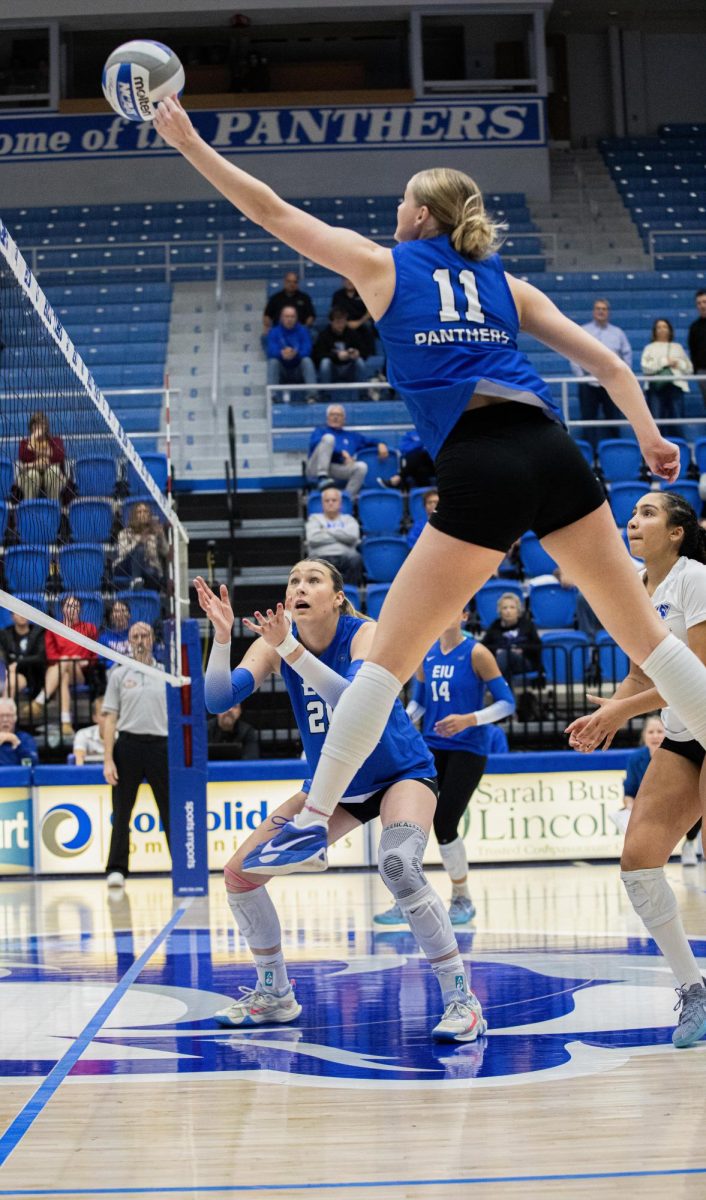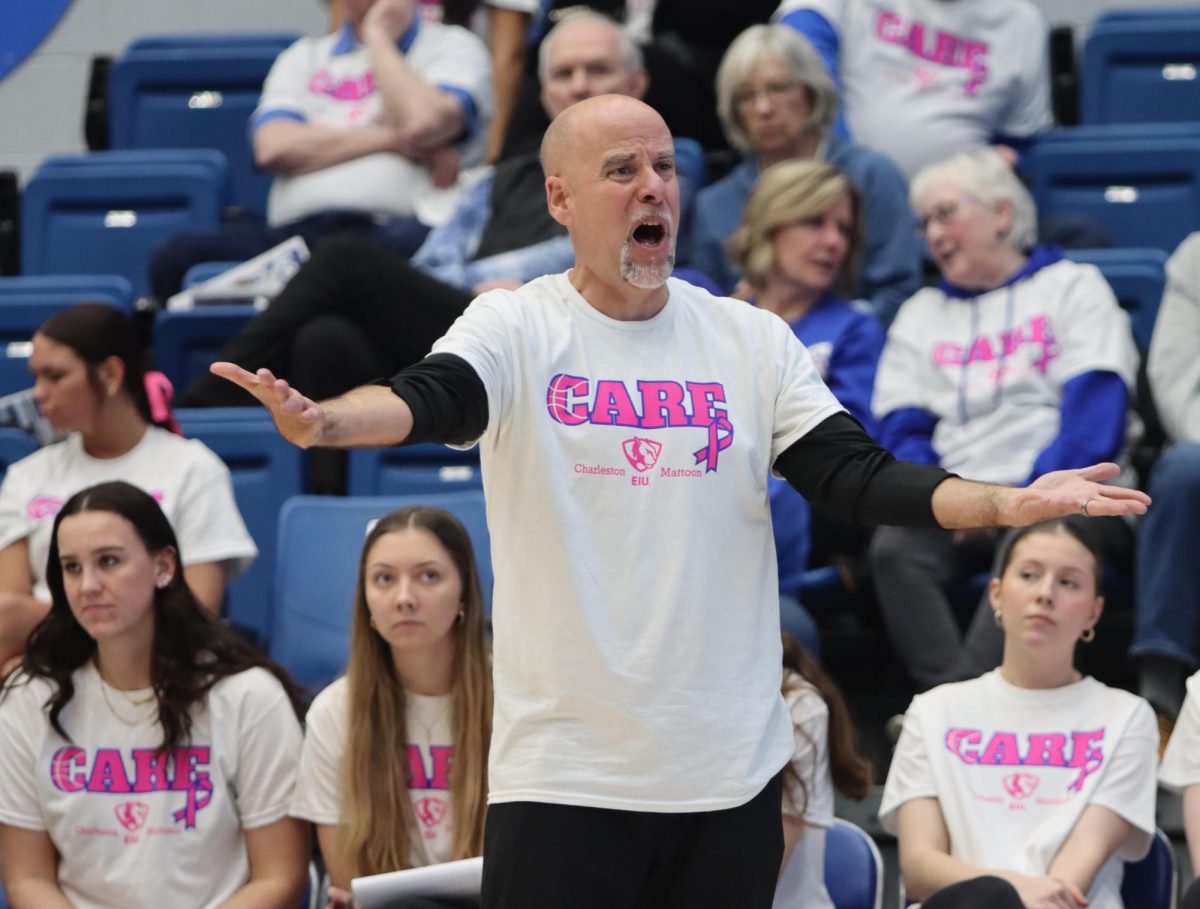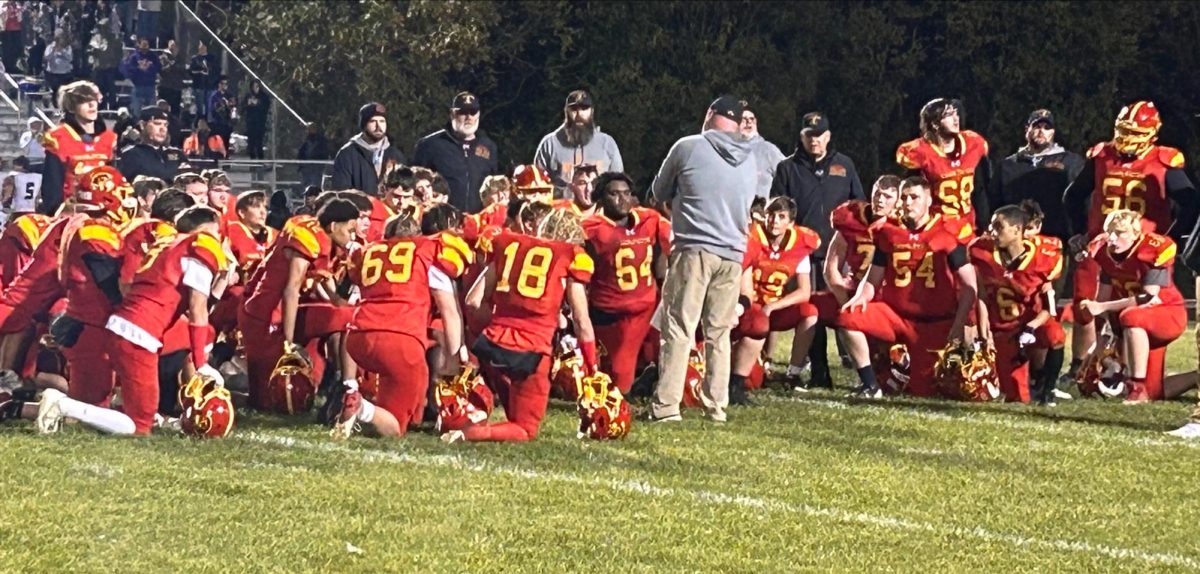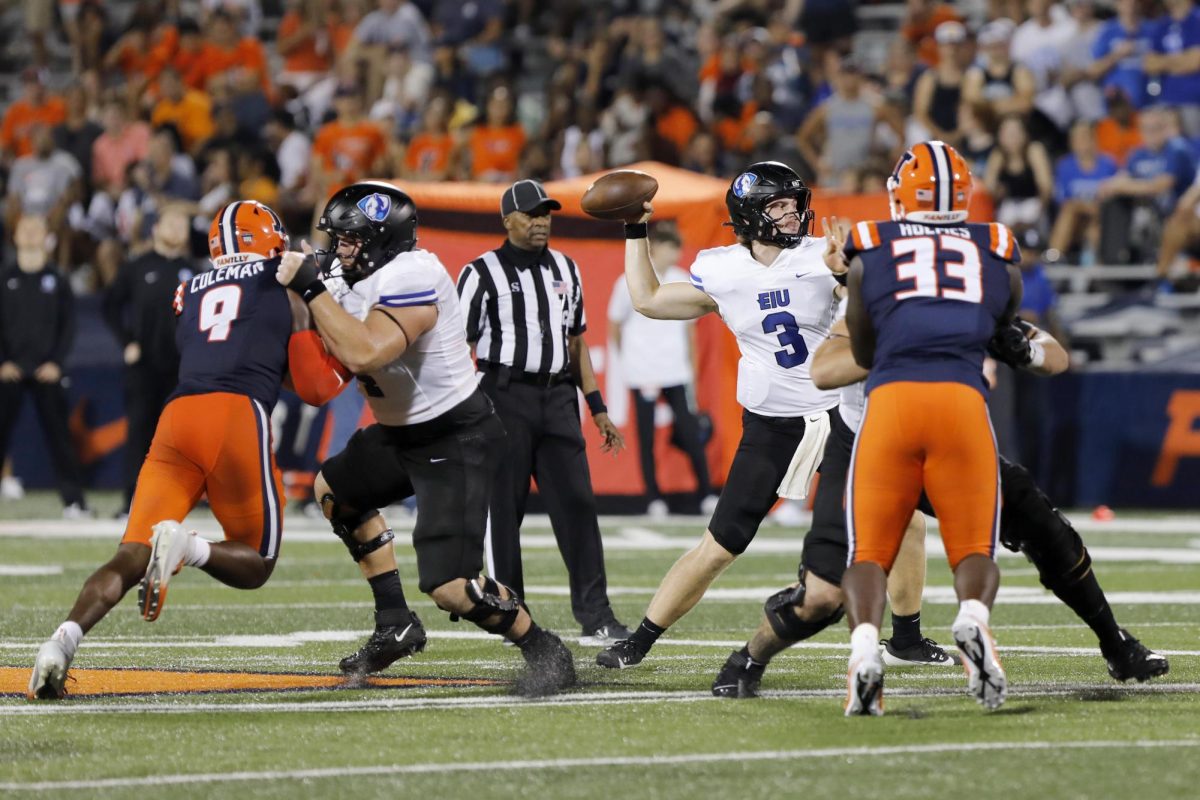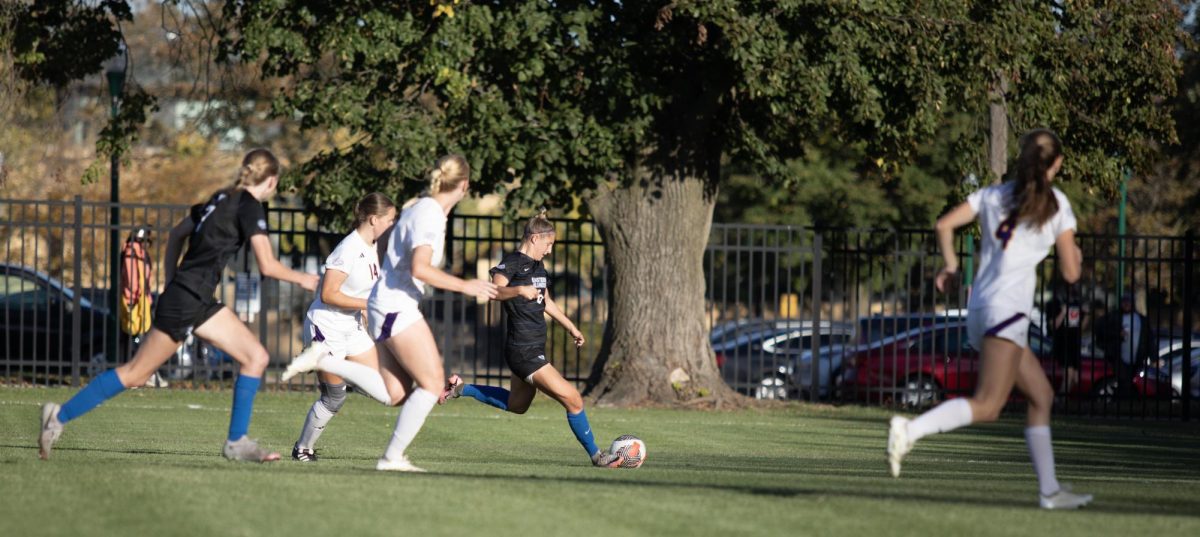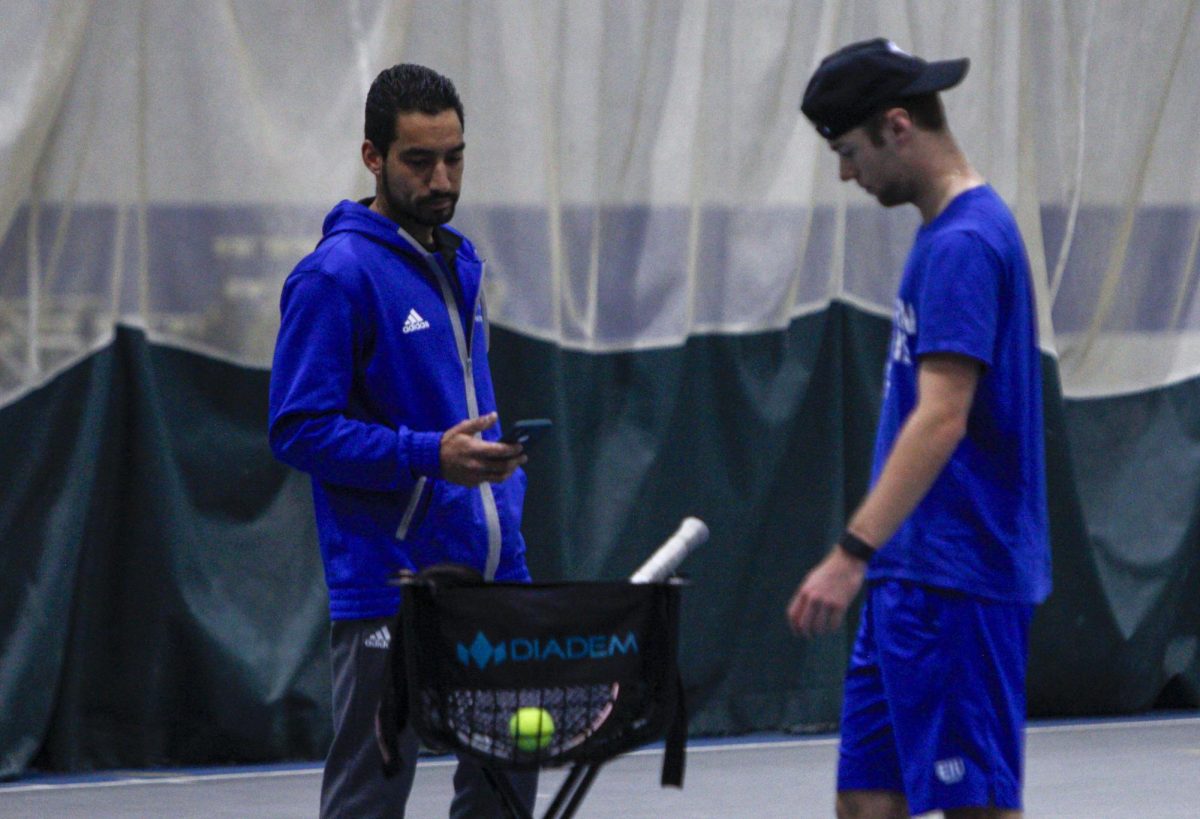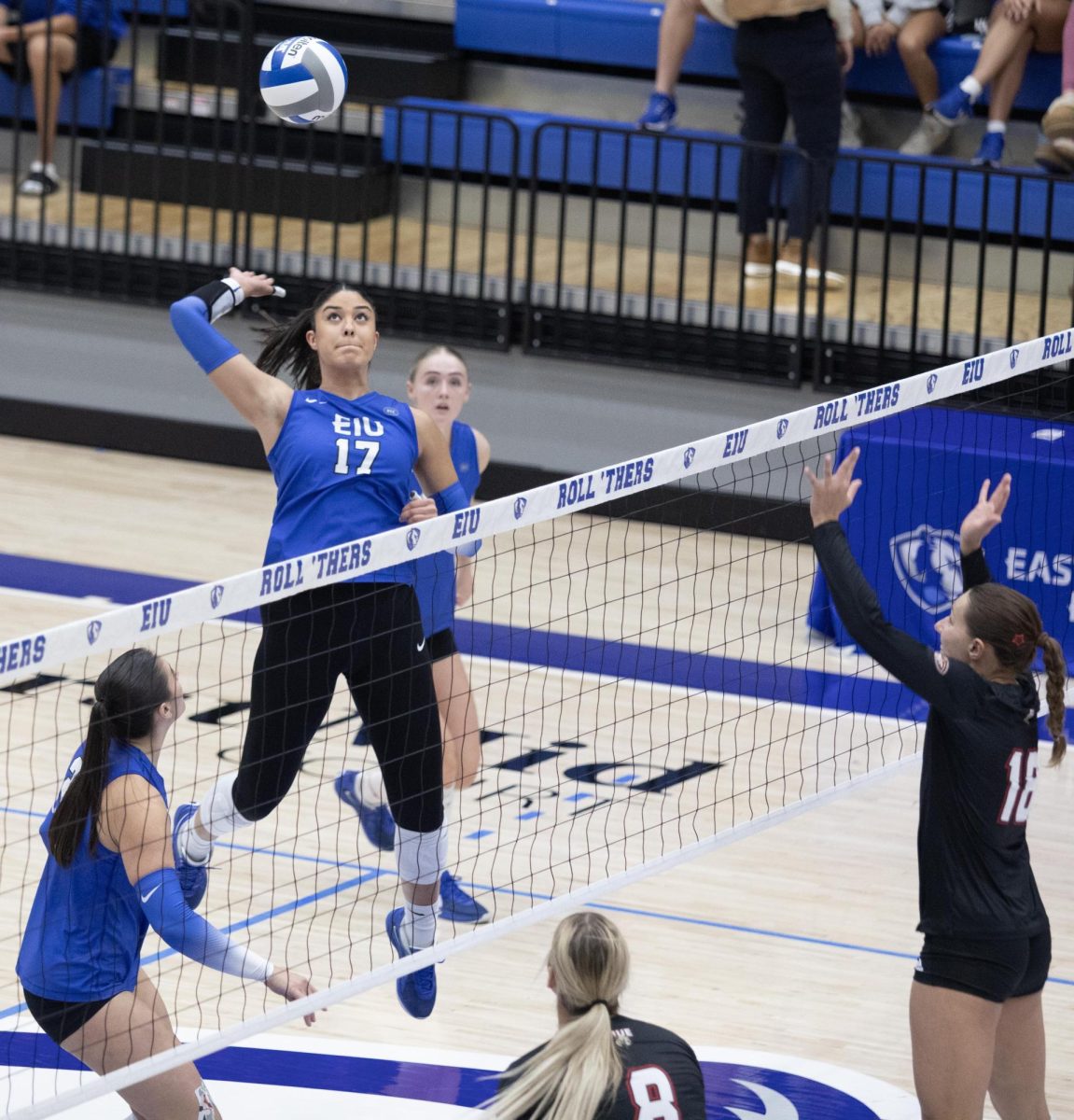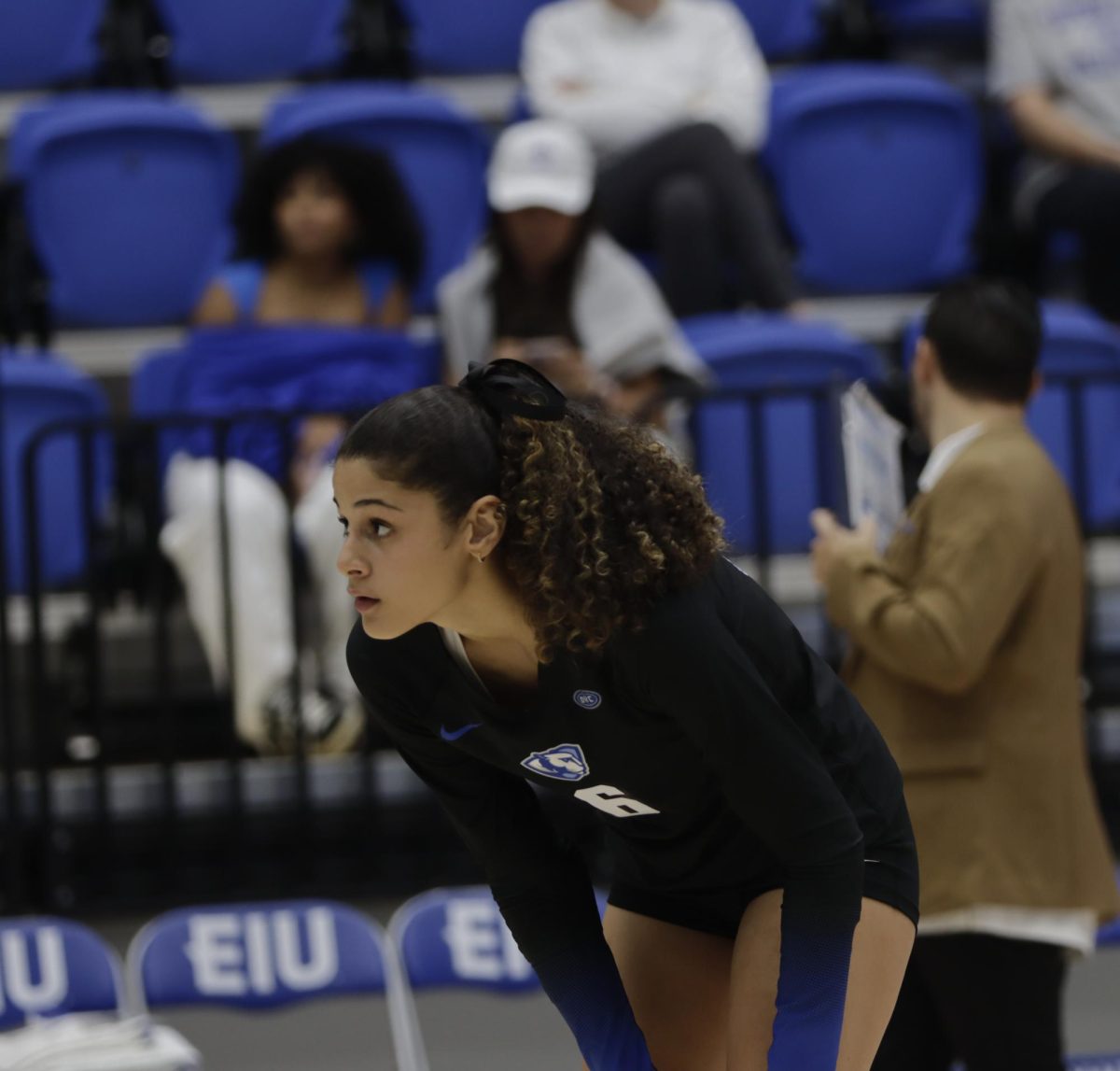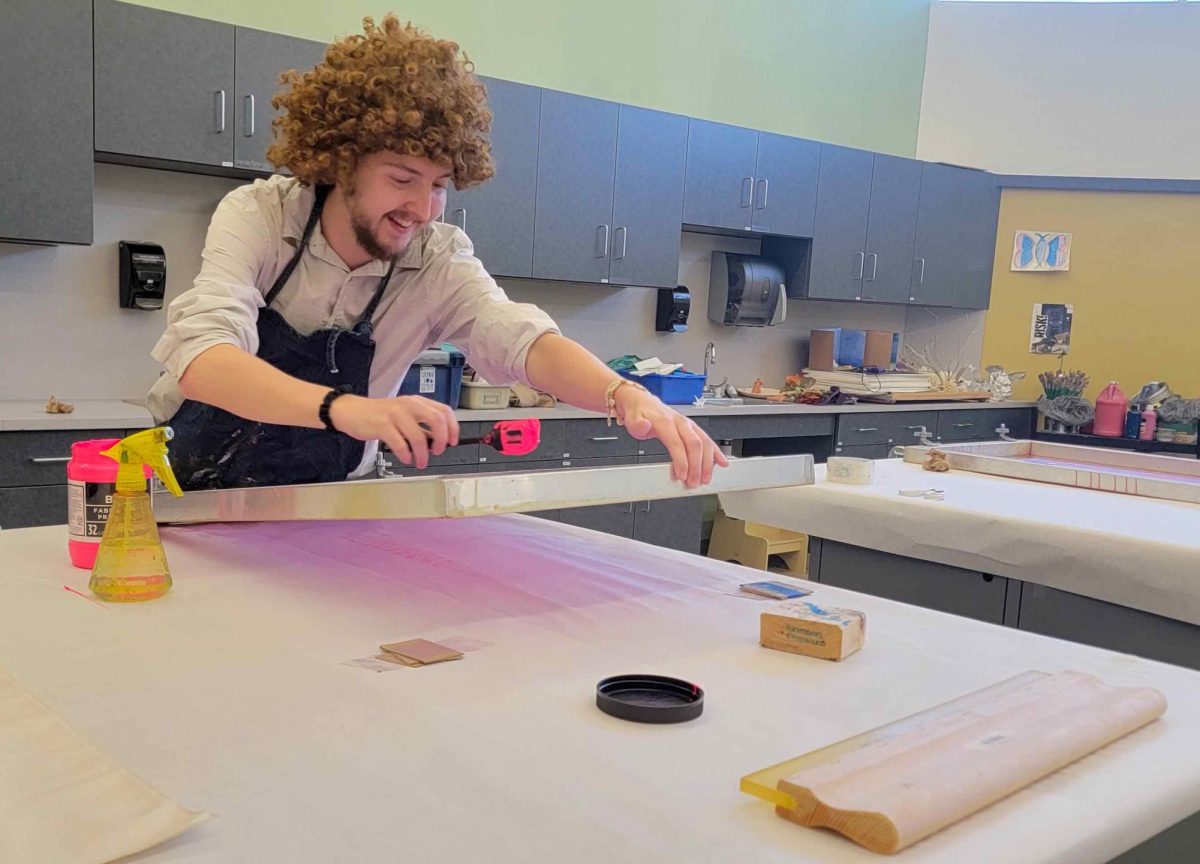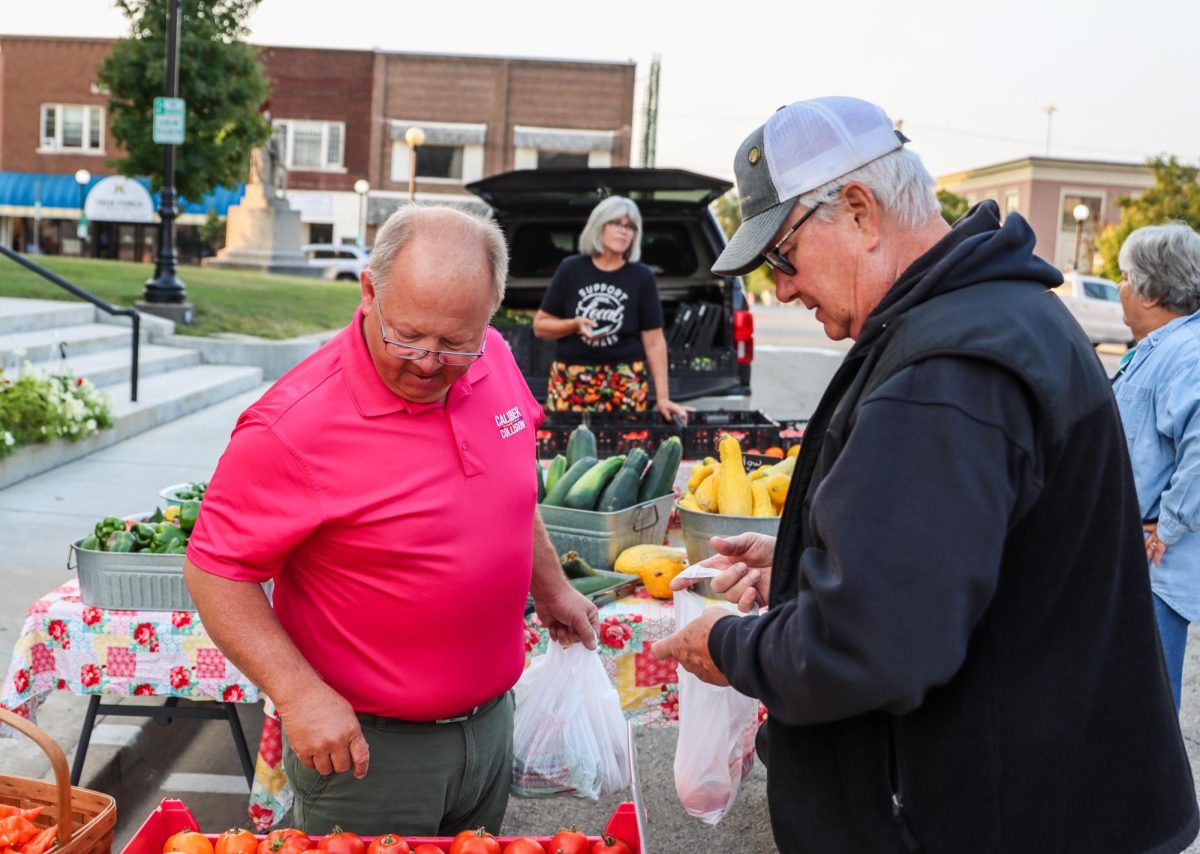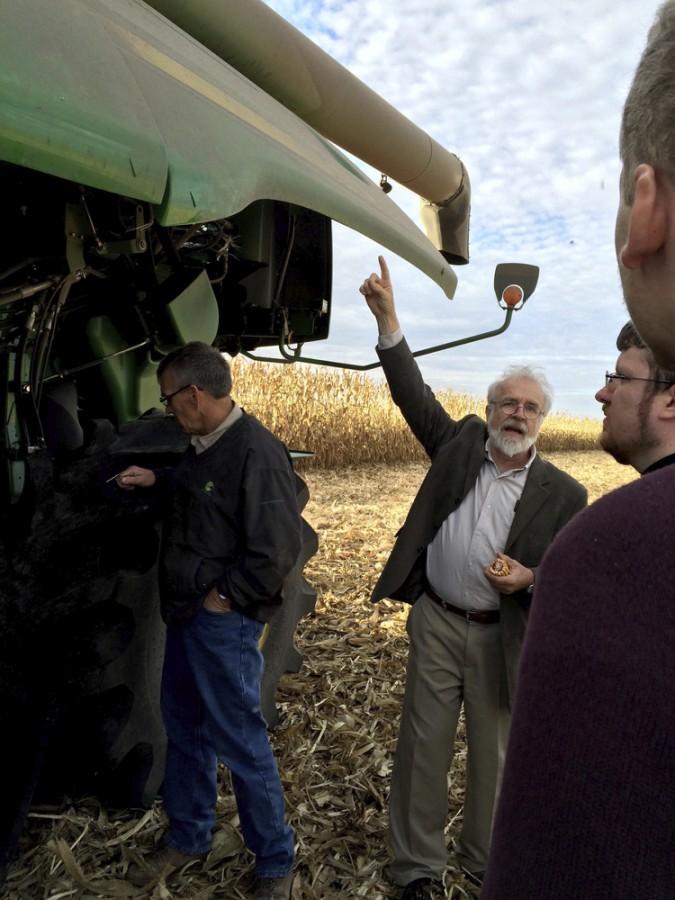Rural studies gives sense of place
October 18, 2015
Finance major Eric Johnson, who attended Lake Park High School about 40 miles east of Chicago, does not feel very connected to agriculture or rural issues.
However, Johnson admitted agriculture probably affects him more than he realizes.
Chris Laingen, a geography professor, agreed with Johnson.
“No matter how urban you are, you’re still very much tied to the rural landscape,” Laingen said. “From what you eat to the electricity that you get, to the fuel that’s in your car, to… you name it. It’s easy to overlook, but it’s really important to everyone.”
Like Johnson, about half of Eastern undergraduates in 2015 attended high schools in Cook County and the collar counties, where approximately four percent of Illinois farms are located. About one quarter of undergraduates attended high schools in east-central Illinois, where close to 19 percent of Illinois farms reside, according to data from the Eastern Department of Planning and Institutional Research and the 2012 USDA census of agriculture.
On a national level, census data suggested that many who attended high school in rural counties will move to a city or the surrounding suburbs after earning their degree, leaving fewer people with the responsibility of managing more than 70 percent of America’s land and natural resources.
The future of rural America is a key reason that Debra Reid, a history professor, and Laingen came together with faculty from the colleges of science, arts and humanities, education, and professional studies to develop a minor in rural studies.
The minor will be offered to students in Fall 2015.
“It seemed like a good time when the university is challenged to attract students and we’re sitting in one of the largest, if not the largest, soybean producing county in the state,” Reid said.
Despite its rural surroundings, there has never been a formal curriculum at Eastern that focused on agriculture or rural issues.
Reid said when higher education in Illinois was established, the University of Illinois, being the “land grant” university, was designated the responsibility of teaching agriculture and industry to the masses. Schools like Eastern and Illinois State, which began as normal schools, were given the responsibility of educating teachers.
The rural studies minor has the potential to appeal to students transferring to Eastern from Lake Land College, according to the rural studies minor proposal. Lake Land ranks second in Illinois and 12th nationally in graduates with associates degrees in agriculture, according to Community College Week 2014’s top 100.
The proposal also said that Eastern students pursuing teacher certification could add to their credentials relative to vocational agricultural education and science-based majors. Humanities and fine arts students could also be attracted to the minor.
Reid and Laingen teach the minor’s two core courses and share a common thread. Laingen, originally from Odin, Minn., grew up on a farm that raised corn, soybeans and pigs.
Reid grew up on a diversified farm in Rockwood, in the hills of southern Illinois. The two corresponded before finally having the opportunity to meet while each was serving on the Council on Academic Affairs.
“About five years ago somebody said, ‘Oh, you should talk to Chris about rural studies,’” Reid said. “So we emailed, and emailed and emailed.”
Laingen, who teaches agricultural geography, said students who take the course would examine the major forms of agricultural production in the U.S. since World War II and the ways each has changed over time, from both a topical and regional perspective.
Reid said the U.S rural history course focuses on U.S., and specifically Midwestern, agriculture production at various scales. In the class, students discuss changes in profitability, crop culture and infrastructure, and ethnic cultures that have affected what happens on the farm and throughout the rural countryside.
Dannie Otto, a philosophy professor, takes students in his special topics course, food and philosophy, to see first-hand how local farms operate. Many of Otto’s students have never been to a working farm before.
Otto’s course is not listed as part of the rural studies curriculum, but Otto said he believes, for students at Eastern, a focus on agriculture and rural issues is important.
“EIU is in a rural community and most of our students do not come from rural communities. And it’s appropriate that we focus on this, because it helps develop a sense of place,” Otto said. “Students can take these courses and understand something about the role of these largely under-populated areas and areas that are becoming depopulated. Historically, the wealth of Illinois originated in agriculture—It’s still a very important component, but it’s out of the mind of most people.”
Jason Hardimon can be reached at 581-2812 or jrhardimon2@eiu.edu


